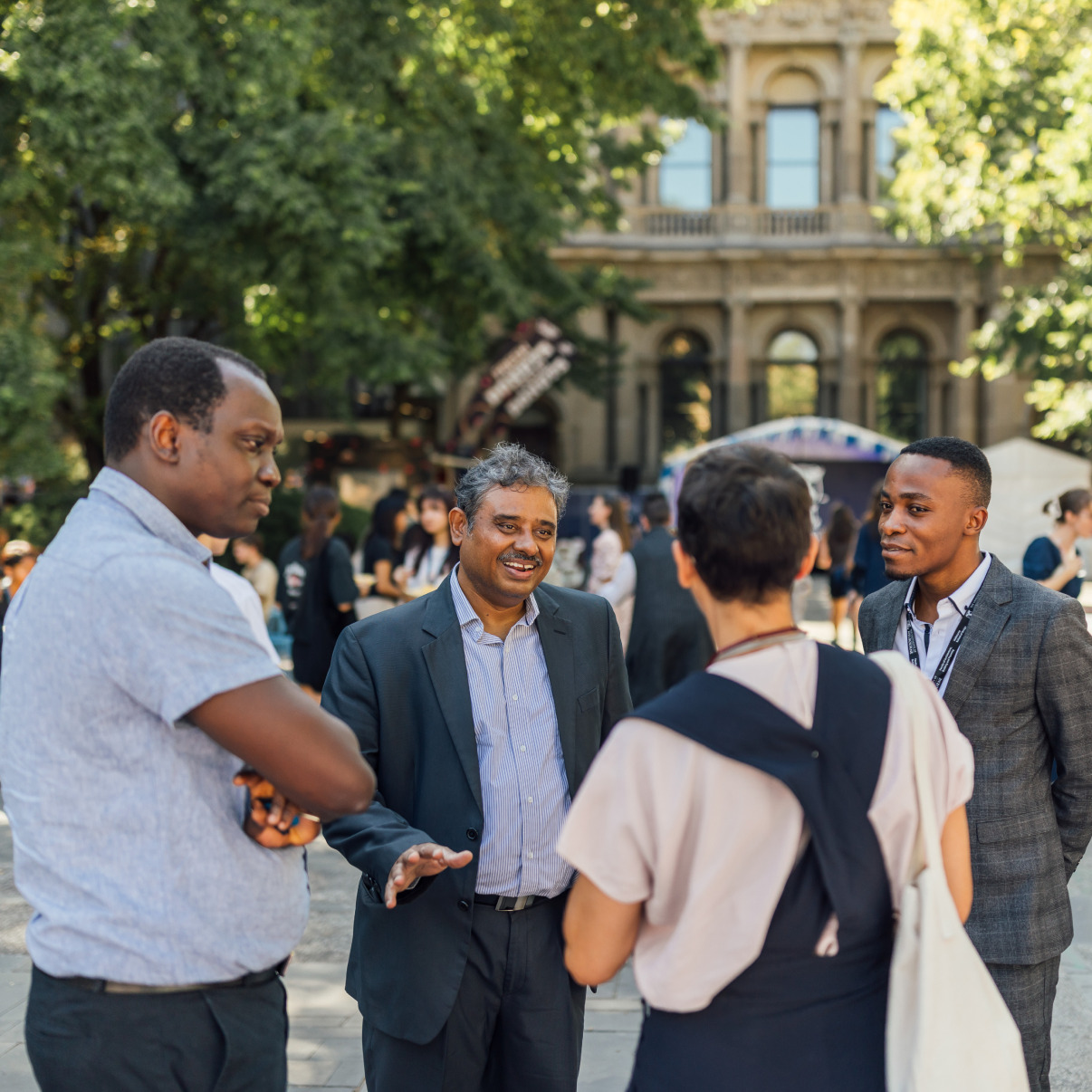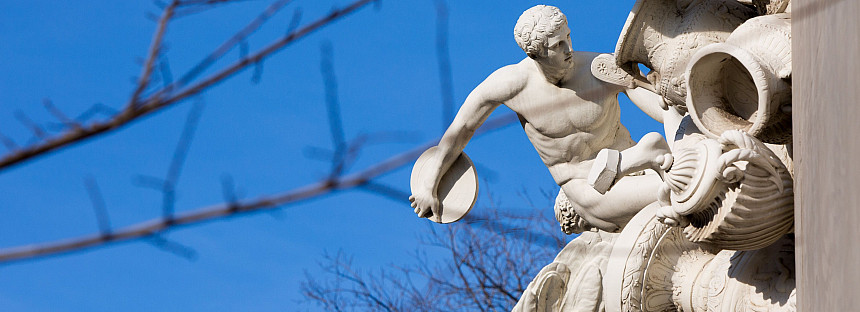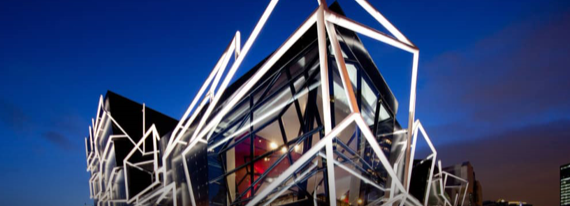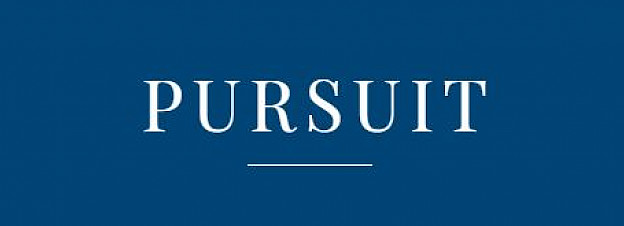
University of Melbourne Events Calendar
Featured events
The Australian Institute for Infectious Disease Oration, presented by Dr. Jeanne Marrazzo
Join us at the inaugural Australian Institute for Infectious Disease (AIID) Oration, presented by Dr. Jeanne Marrazzo on the theme “The global cost of undermining vaccine research: connecting public trust, vaccine efficacy and research investment in an age of uncertainty.”
As the world continues to grapple with the lasting impacts of COVID-19, Dr. Marrazzo examines the current state of global health security and what more is needed to prepare for the inevitable next pandemic.
Event details
What: The inaugural AIID Oration by Dr. Jeanne Marrazzo, followed by drinks and canapés.
When: Tuesday 2 December, 6:00pm for a 6:30pm start.
Where: Doherty Institute Auditorium,792 Elizabeth St, Melbourne VIC 3000
Register: Please RSVP by 28 November, 2025. This is a free event.
Note: Please do not attend if you are experiencing cold, flu or gastro-like symptoms.
2025 Narrm Oration
Join us at the University of Melbourne’s 17th Narrm Oration.
The Narrm Oration is the University of Melbourne’s flagship public address that celebrates and amplifies the voices of leading Indigenous thinkers, leaders, and cultural custodians from around the world.
The 2025 Oration will be delivered by Marisol Culej Culej and is titled The Meaning of Good Living, from the Indigenous Peoples’ Cosmovision (Maya).
The meaning of good living from the Mayan’ cosmovision implies a harmonious and respectful relationship with nature and the community. The history of the Mayan peoples, including the Tsotsils of Chiapas, is notable for their resistance to colonisation and defense of their territory and culture.
Marisol will speak to how Mayan language and traditions reflect a profound connection with nature. Concepts such as Ch’ulel (Spirit or totality of the human being) illustrate the importance of life and spirit in all beings. Understanding this connection, together with valuing and respecting our environment, provides the foundation for developing a sense of good living.
The 2025 Narrm Oration will be delivered in the Spanish and Tsotsil languages. Written subtitles will be provided and audio interpretation is available via your mobile phone or device using ear phones.



